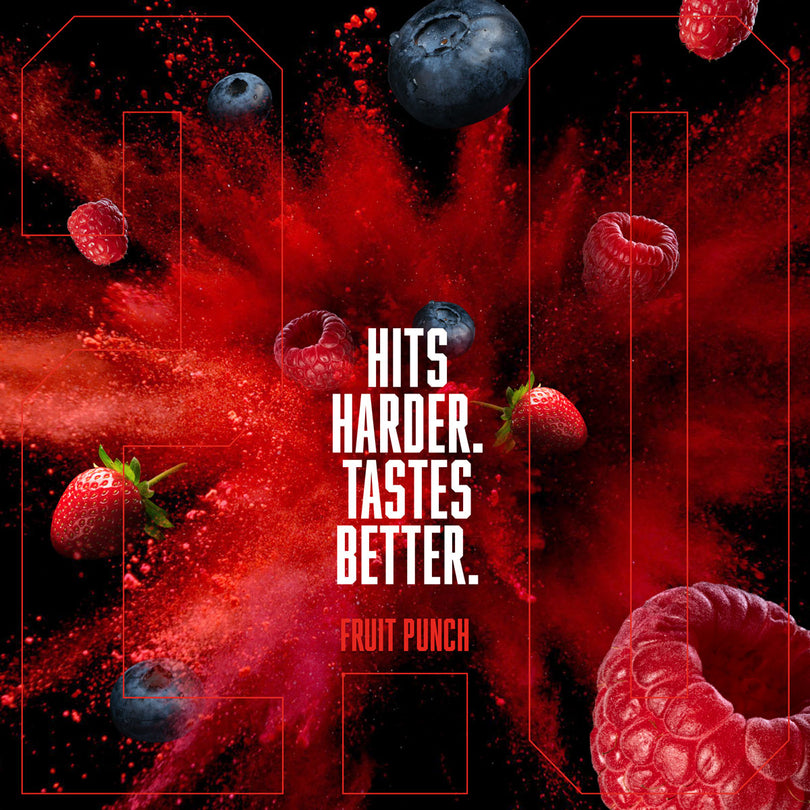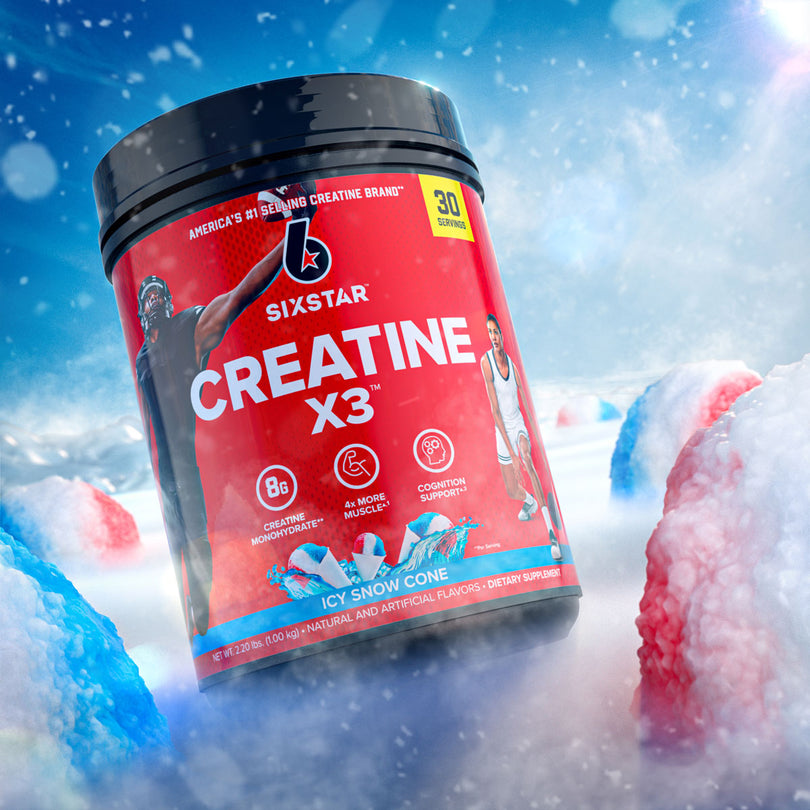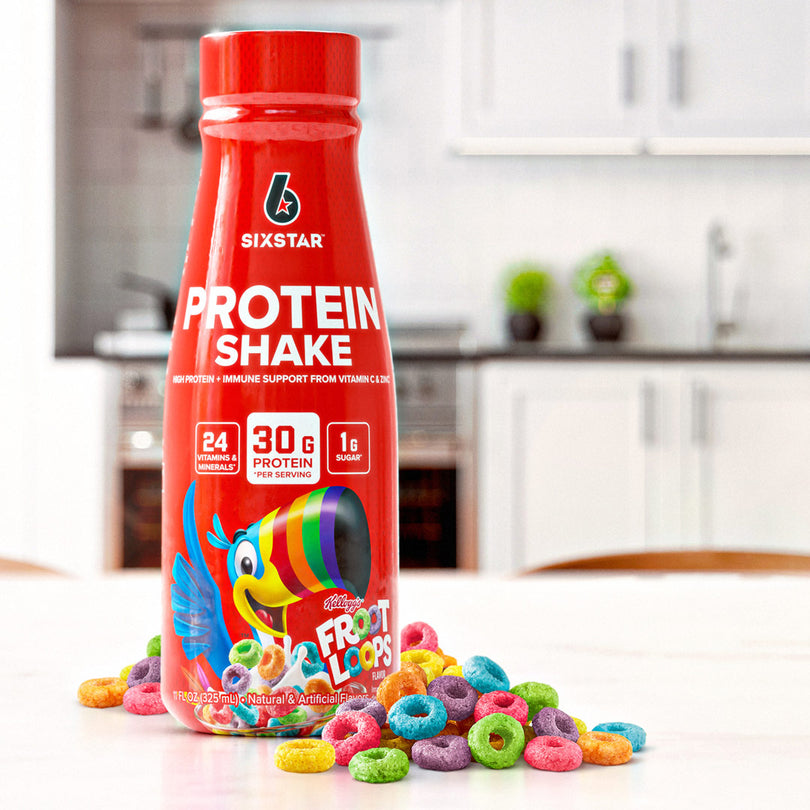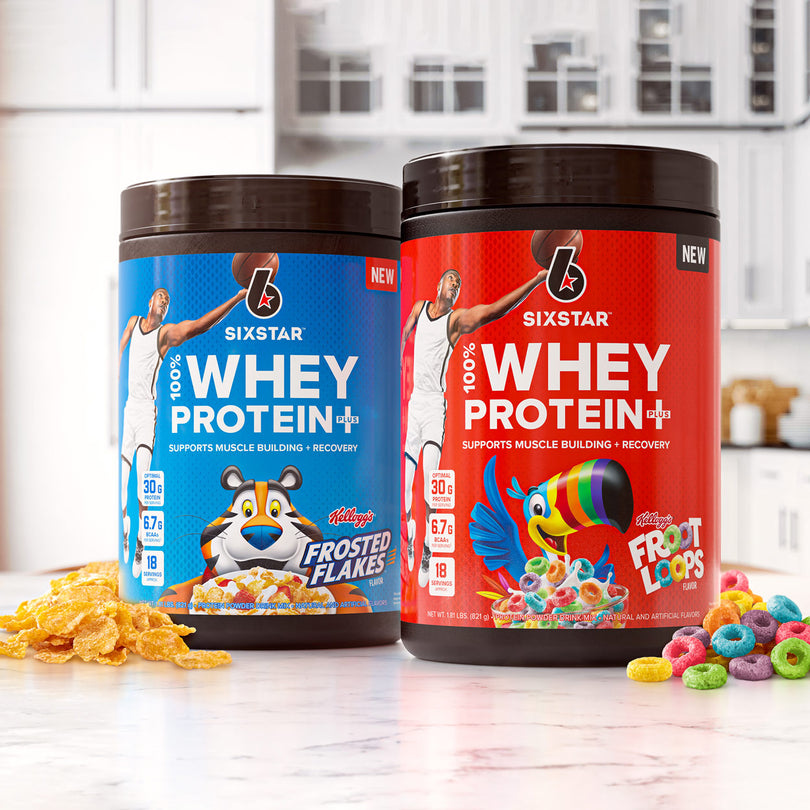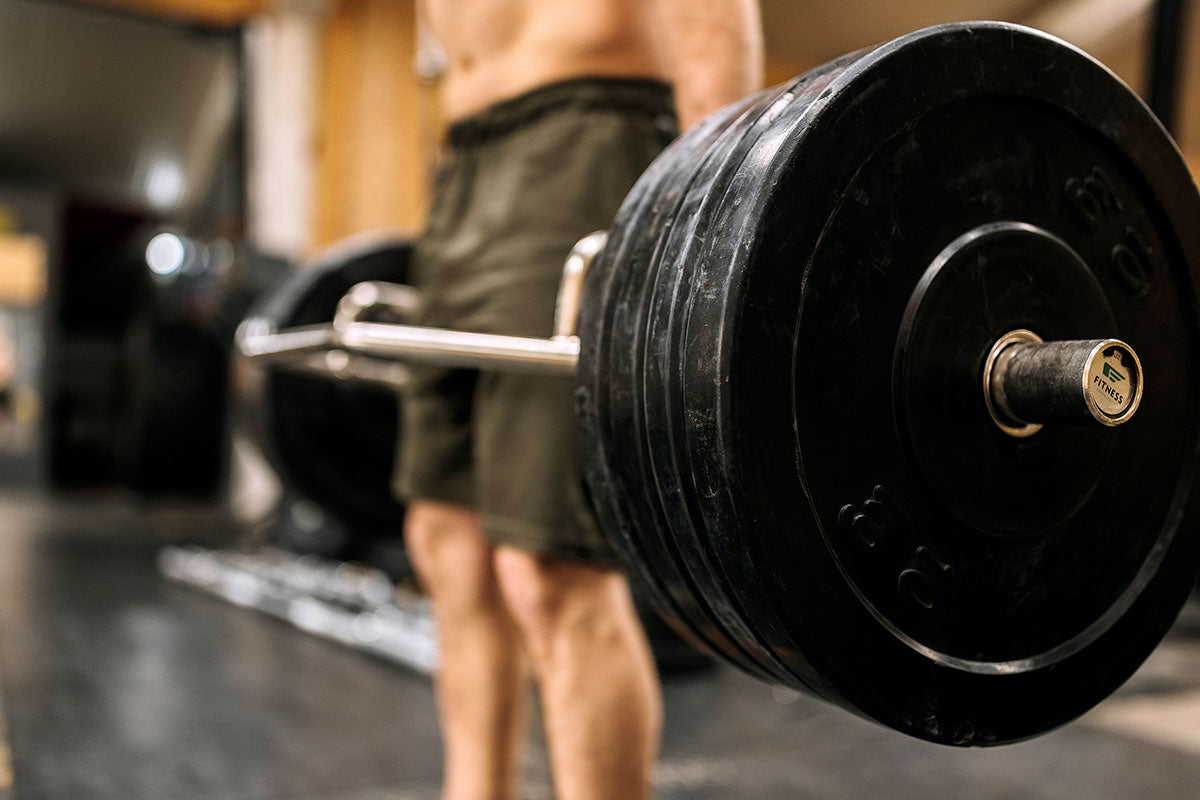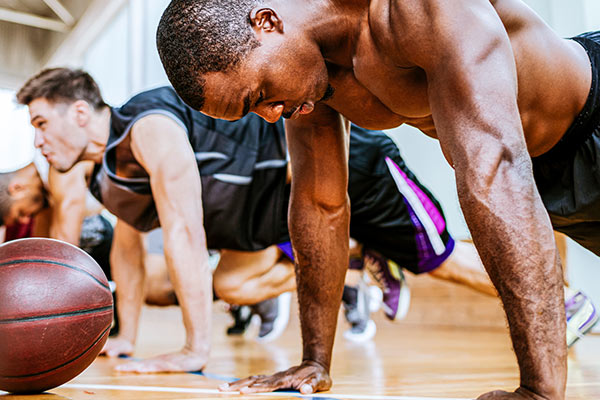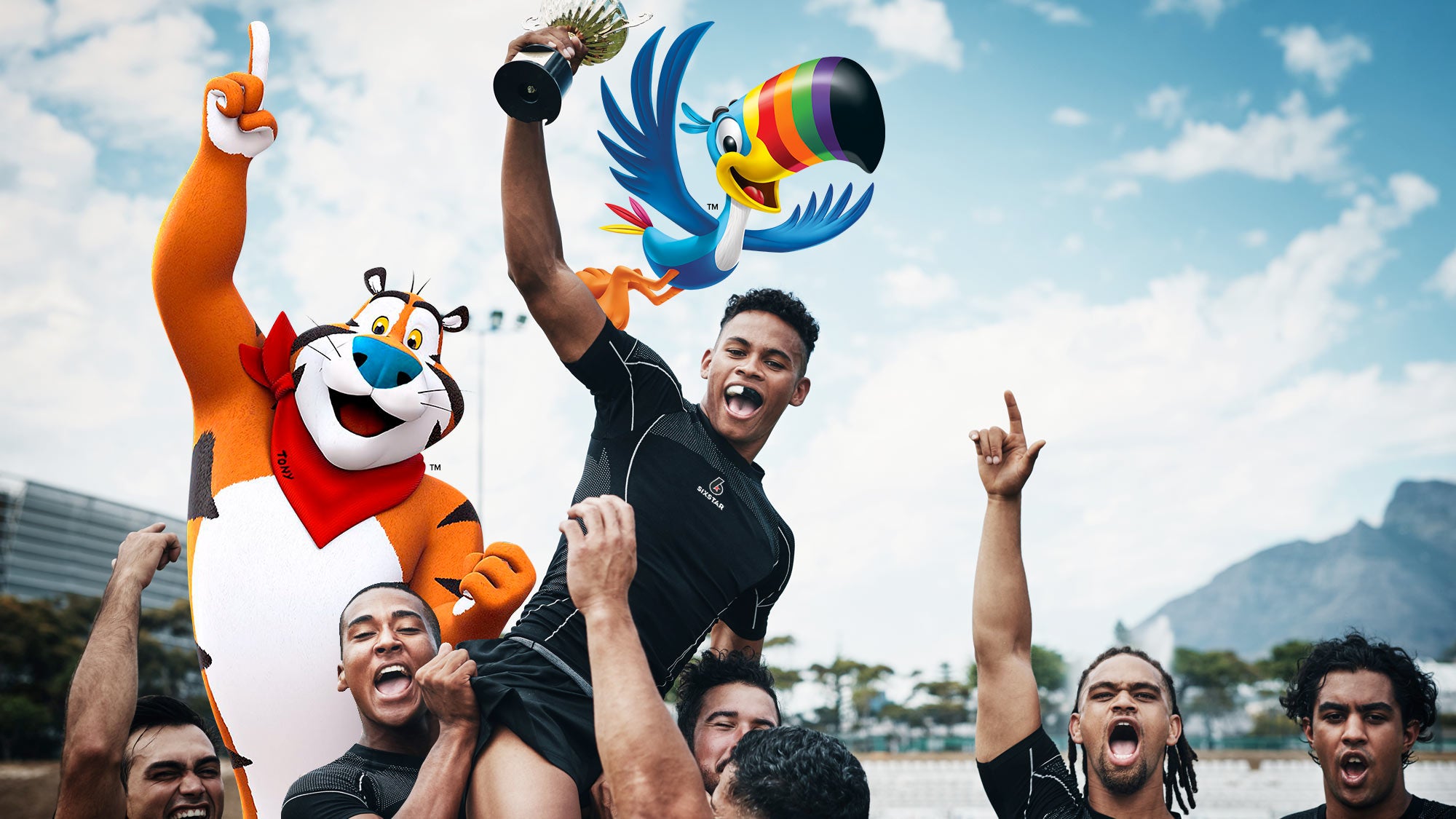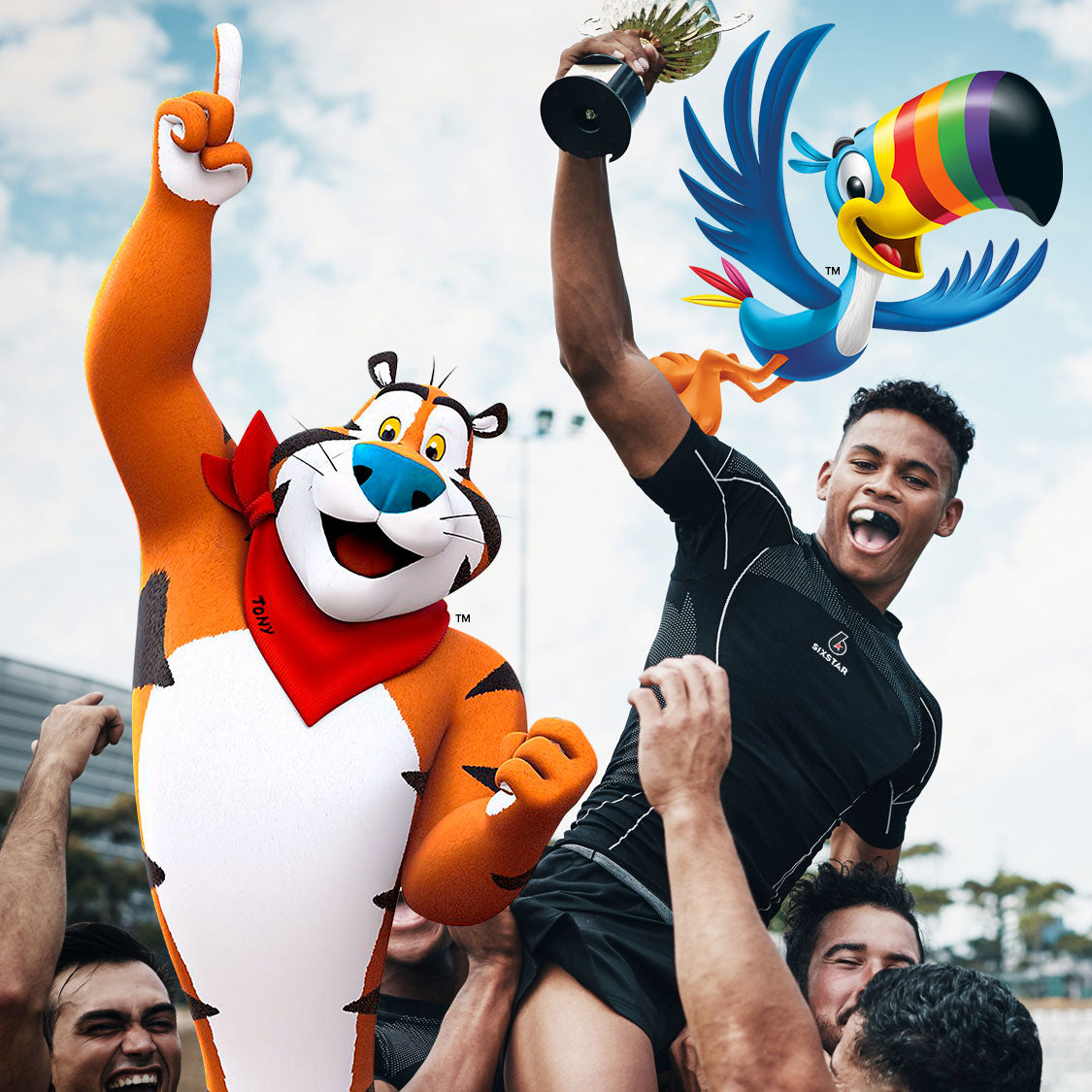May is National Barbecue Month, reminding people to get outside, fire up their grills, and start cooking delicious BBQ. While we all know that BBQ tastes great, we’re also aware that it might not be the healthiest thing for us to eat. So, what’s an elite athlete who’s training this summer to do when they’re at a BBQ with family and friends? Should they eat what’s served at the BBQ or have a healthy meal before (or after) the gathering?
Luckily, athletes don’t have to make an all-or-nothing decision when it comes to eating BBQ this summer. As long as they’re mindful about what they’re eating and drinking at the BBQ, their meal can still complement their training regimen. So, let’s take a look at some healthy BBQ meal options for athletes training this summer, as well as some foods that they should probably steer clear of.
Meats
Meat is always the star of the show at any BBQ. However, not all meats are created equal. That’s why we’ll go through the meats that are in the ‘yay’ category, as well as the ones that are in the ‘nay’ category for athletes training this summer.
Yay
Chicken Breast (Without The Skin): Skinless grilled chicken breast is one of the richest sources of protein for athletes since it contains very little fat or carbohydrates. Since protein is a key component of maintaining, building, and repairing muscles after exercise, grilled chicken breast is an ideal food choice for athletes who are training. Chicken is also a source of complete protein, which means that it contains all of the essential amino acids that the body requires every day. A 3-ounce portion of chicken breast provides around 27 grams of protein. However, keep in mind that the way you prepare the skinless grilled chicken breast may change its nutritional value. Therefore, it’s probably a better idea to squeeze lemon on the chicken rather than add lots of BBQ sauce to it. And if you’re looking to gain weight in the off-season, you can leave the skin on the chicken breast, if you’d like.
Lean Steak: A lean cut of steak, like flank steak, will be lower in calories and fat compared to other steaks, while still being rich in protein (23 grams per serving) and iron. Even the fattier cuts of steak provide muscle-building protein. When selecting a steak, keep in mind that grass-fed beef has slightly higher amounts of fat-burning, muscle-friendly omega-3 fatty acids.
Fish: Grilled fish is another high-quality, low-fat protein source for athletes. Fish provide essential nutrients like omega-3 fatty acids and vitamin D, which play a major role in post-exercise muscle regeneration and fatigue recovery. Eating grilled fish may also improve your vision and eye health, and help you sleep better, which all athletes know is crucial to recovery. The most common varieties of fish, such as grilled salmon, swordfish, or tuna, contain between 16 and 26 grams of protein in 3 ounces.
Nay
Hot Dogs: One of the most common foods served at any BBQ, hot dogs unfortunately aren’t very athlete-friendly. That’s because the base ingredient of most hot dogs is usually cheap meat. Hot dogs are also high in sodium and fat. So, athletes who are really training hard this summer might want to skip hot dogs at the BBQ. That said, there are somewhat healthier hot dogs, which are made with grass-fed beef, and not much else. Athletes can also eat turkey hot dogs at the BBQ instead.
Hamburgers: Most barbecue burgers are higher in fat than they are in protein, making it a BBQ option that’s not very appealing for athletes. That said, lean burgers can be part of a healthy nutrition plan since lean beef provides 10 essential nutrients for about 154 calories. For an even healthier burger option, try a black bean or veggie burger. You can also skip the bun, or go with a whole wheat bun. When it comes to toppings, add lots of vegetables like tomatoes, onions, and mushrooms to your burger, while avoiding calorie-densecondiments such as mayonnaise, ketchup, and barbecue sauce.
Sausages: A processed meat, sausages are high in sodium and artificial ingredients. While a lean steak or chicken breast has around 5% to 6% fat, sausages have around 25% fat. So, you’ll probably want to avoid eating them at the BBQ, too.
Sides
Yay
Coleslaw: Coleslaw can be the best part of a BBQ since purple and green cabbage provide extra antioxidants and can be beneficial for gut health. However, it’s important to note that the only way that coleslaw can be part of a healthy eating plan is by choosing the dressing carefully. So, athletes shouldn’t eat coleslaw that’s loaded with mayo. Instead, they should only eat coleslaw with a lighter dressing that uses ingredients like lime juice, olive oil, garlic, and cumin.
Grilled Fruits And Vegetables: Research studies show that fruits and vegetables are critical to promoting good health. Fruits and vegetables are low-calorie, full of micronutrients (vitamins and minerals), and fiber. And when it comes to grilling fruits and vegetables like pineapple, eggplant, zucchini, portobello mushrooms, and bell peppers, they only need to be sliced and then placed directly on the grates. Another delicious option is grilled corn on the cob. Simple green salads and vegetable platters are also excellent side dishes, and you can also mix fruits together to make a fruit salad.
Nay
Mayonnaise-Based Sides (Potato Salad, Macaroni Salad, etc.): Anything that’s high-fat and contains a lot of calories can inhibit your athletic performance. That’s why you’ll want to avoid eating mayonnaise-based sides like potato salad or macaroni salad since one cup of regular mayonnaise contains 916 calories, 78 grams of total fat, and 12 grams of saturated fat. One cup of mayo also has 1,671 milligrams of sodium. However, athletes can eat coleslaw, potato salad, and macaroni salad that doesn’t have any mayo.
Beverages
Yay
Water: Hydration is extremely important for athletes who are training, especially as the weather gets warmer. That’s why water (or fruit infused water) should always be your beverage of choice regardless of where you are.
Unsweetened Iced Tea (And Other Low-Calorie Beverages): Since most nutrition experts recommend that individuals should consume the majority of their calories through food rather than beverages, athletes should stick with low-calorie beverages. Unsweetened iced tea and fruit infused water are both good low-calorie beverage options that athletes can have at a BBQ.
Nay
Sugary Beverages (Soda, Juice, Alcohol, etc.): Sugary beverages like soda, juice, and alcohol are just direct sources of empty calories. With almost 10 teaspoons of sugar per 12-ounce can, soda drinkers raise their caloric intake and may lose their appetite for healthier foods because they’re full.
Diet Soda: For athletes planning on drinking diet soda instead of regular soda, think again. Not only do artificial sweeteners offer no health benefits, but consuming artificially sweetened foods like a can of soda per day could significantly increase the risk for health problems and weight gain, according to a study. Artificial sweeteners trick the body into thinking that real food is being consumed, and since they’re so much sweeter than the real thing, the body starts producing insulin, which is the fat storage hormone.
